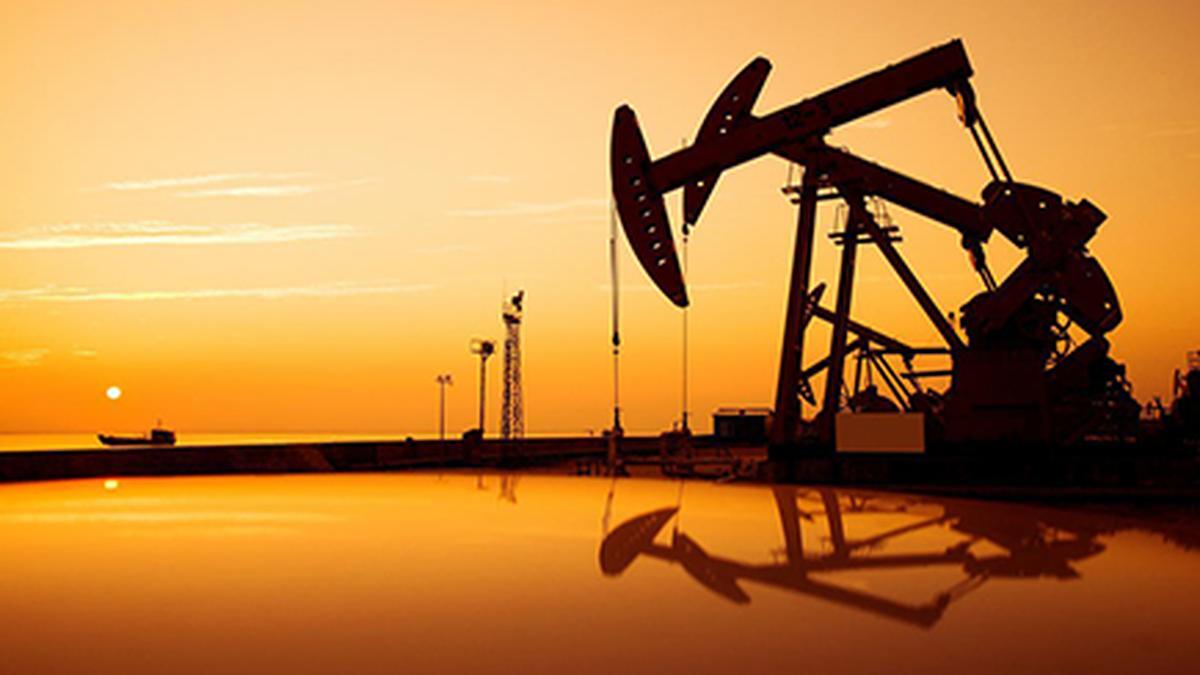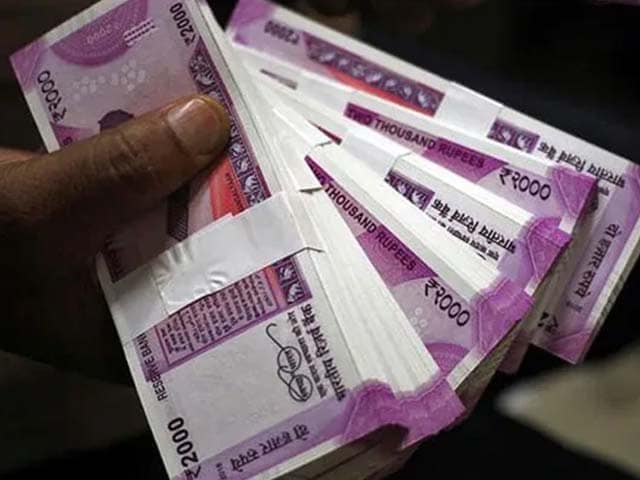Representational image.
| Photo Credit: REUTERS
India’s contribution to global economic growth will rise by 2 percentage points in 5 years as the Indian economy is projected to grow faster in the coming years, a senior International Monetary Fund (IMF) official said on Thursday.
“Currently China and India’s contribution to global growth is 50%,” said Krishna Srinivasan, Director, IMF Asia & Pacific Department. “Out of this India’s is 16% and the rest by China. This 16% contribution from India will grow to 18% in the next five years as India is growing faster,” he added.
Observing that the Asia Pacific region remained a relatively bright spot despite a challenging global environment, Mr, Srinivasan added that the region’s economy was expected to grow by 4.6% in 2023 and by 4.2% in 2024, putting it on track to contribute about two-thirds to global growth.
“Growth in India remains strong,” he said. “We are projecting growth for FY2023/24 at 6.3% supported by strong government capital expenditure with some crowding in for private sector investment, along with continued consumption growth and despite weakening external demand,” he asserted.
Stating that India’s retail inflation was moderating he said, “after sharp increase in price in tomatoes and other vegetables in the summer, headline inflation has resumed its downward trend and has returned within the RBI’s tolerance band (September’s print was 5%),” he added.
He said India’s central government was likely to meet its 5.9% fiscal deficit target in FY24. “Revenue is expected to reach budgeted levels. There is some pressure on expenditure, with higher than budgeted expenditure expected in some areas (for example additional LPG subsidy for the poor, higher MNREGA expenses),” the IMF official noted.
“At this stage we see room in the budget to absorb these unexpected increases. State governments’ deficit is expected to be 2.8% of GSDP, below the deficit target of 3%, in line with past budget execution performance,” he added.
In its main policy message for the Asia Pacific region, the IMF has asked countries to maintain a sufficiently restrictive monetary policy stance until inflation was firmly back on track, continue with fiscal consolidation, use macro prudential policies to tackle vulnerabilities in the financial sector and address rising inequality and facilitate the green transition.
On the likely impact on the war between Israel and Hamas on the global economy, Mr. Srinivasan said, “It’s early to make an assessment. If oil prices go up it will have an impact. For every 10% rise in oil prices, global GDP falls by 0.15% and it will have an impact of 0.4% on inflation. Since many Asian countries are large importers of oil, it depends,” he added.









